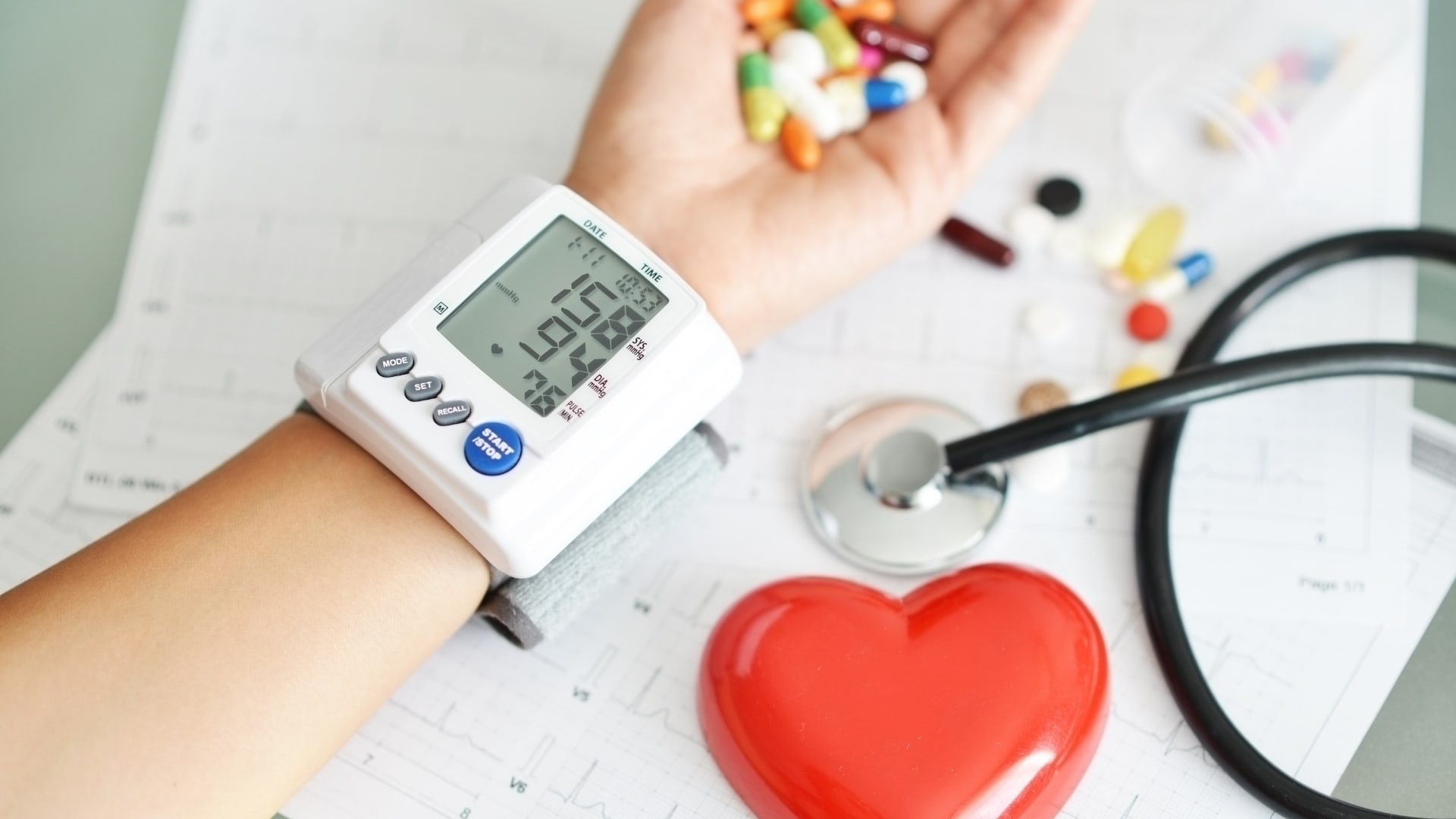Try our sleep checkup for advise and recommendations!
Acutally it is essential not to underestimate the importance of sleep. Sleep is the most important factor contributing to your well-being and your appearance. An adequate sleep quota is one of the best defense mechanisms we have to stay healthy and manage stress. Sleeping is a physiological function as essential for our body and mind as eating and drinking water. It is not a luxury: it is an essential requirement to ensure our mental, emotional and physical health. When we sleep badly, every facet of our lives can be affected, such as our relationships with others, our performance at school or work, our appetite, and our energy levels. The hours of sleep lost really have harmful consequences. In general, most healthy adults need an average of eight hours of sleep a night to be in shape the next day.
Sometimes considered a waste of time, sleep is necessary for the proper functioning of the body and the proper regeneration of cells. The body, during the night, works in slow motion. The breathing, the heart rate, the muscle and arterial tension slow down. The body also produces new cells to replace dead cells. As for the brain, it takes advantage of the sleep phase to “sort” the information it has received throughout the day. Indeed, we assimilate what we learned during the day during the night. As a result, bad sleep is synonymous with poor information assimilation. In addition, poor sleep has consequences on concentration and learning. Sleeping poorly or not enough, causes easy distraction and more difficulty staying focused on a task.
Here are several points on which your sleep may have some impact:
- Learning and memory:
Sleep helps the brain integrate new information into memory through a process called memory consolidation. Studies show that individuals who slept after learning a task had better test results later. - Metabolism and weight:
Lack of sleep poses a risk of weight gain by affecting the way our body processes and stores carbohydrates, and by altering the levels of hormones that affect our appetite. - Security:
Lack of sleep accentuates the tendency to fall asleep during the day. This can cause falls and mistakes, sometimes even medical errors and accidents. - Mood:
Irritability, impatience, inability to concentrate and bad mood can be caused by lack of sleep. Lack of sleep can further tire you to the point where you can not do the things you love. - Cardiovascular health:
We know that severe sleep disorders can cause high blood pressure, increased levels of stress hormones, and irregular heartbeats. - Illness:
Lack of sleep alters immune function. Good sleep helps maintain overall good health.
The different phases of your sleep
Slow sleep
Slow, light sleep covers about half of our total sleep time. This is the moment when the sleeper goes from waking to deep sleep. The brain activity slows down, the muscles begin to relax … At this point, it remains easy to wake up.
Deep slow sleep
It represents about a quarter of our sleep time. During this phase, the heart rate and breathing slow down considerably, the body temperature drops, the muscles relax completely … The body can then begin to create hormones and renew its cells. During deep slow sleep, the body really starts to rest and recovers deeply.
REM sleep
The phase of paradoxical sleep is the phase during which one dreams. During this cycle, breathing and heart rate are very irregular, eye movements are very fast, body temperature is fluctuating … As for the brain, it runs at full speed! Electroencephalographic tracing shows that the brain activity during the paradoxical sleep phase is close to that of wakefulness.








